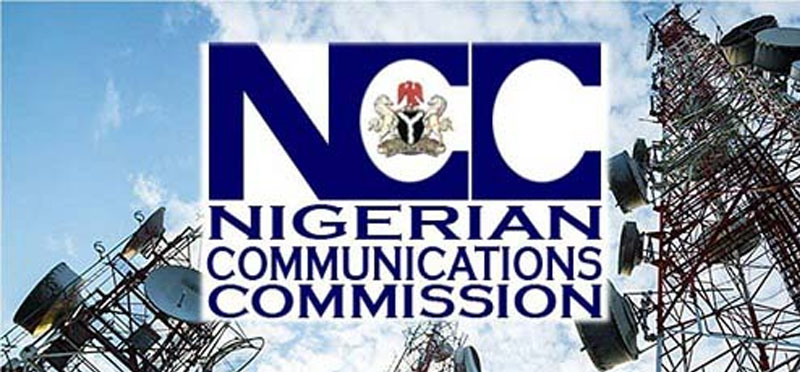576
Daniel Adaji
The Nigerian Communications Commission (NCC) has launched a formal process to review the Nigerian Communications Act (NCA) of 2003, citing its outdated provisions in light of rapid technological advancements and Nigeria’s digital ambitions.
The NCC’s Executive Vice Chairman (EVC), Dr. Aminu Maida made this disclosure on Tuesday during a stakeholder colloquium held in Lagos.
“The reality of 2025 demands we reimagine Nigeria’s digital future. A revised Communications Act must anticipate opportunities, not merely respond to challenges,” Maida said.
The review, according to Maida, is necessary to bring the law in line with emerging technologies such as Artificial Intelligence (AI), 5G, Internet of Things (IoT), blockchain, and quantum computing. These innovations, he said, are reshaping global communications and exposing gaps in Nigeria’s current legal framework.
Despite its age, the NCA has been credited with major reforms in Nigeria’s telecom space.
“The existing Act dismantled monopolies and opened the sector to competition,” Maida said, noting that mobile subscriptions in Nigeria grew from under 300,000 in 2001 to more than 150 million today.
He added that the sector now contributes around 14 per cent to the country’s Gross Domestic Product (GDP), fueled by services like e-commerce, e-learning, and mobile banking.
However, Maida pointed out that several challenges still hinder the sector’s growth, including inadequate power supply, high Right of Way (RoW) fees, increasing operational costs, and poor broadband penetration in rural areas.
He called for legislative support to address these issues through a more robust and future-ready law.
The colloquium, themed “The Nigerian Communications Act 2003: 22 Years After — Challenges, Opportunities and Future Directions for a Digital Nigeria,” drew key figures from government, industry, and civil society. Participants reviewed the Act’s relevance and examined new regulatory needs.
Chairman of the House Committee on Communications, Peter Akpatason, emphasised the urgency of the review.
He pointed to the importance of regulating technologies like 5G and AI and closing the digital divide.
“We must engage in meaningful dialogue that produces policies for an inclusive and resilient digital economy,” Akpatason said.
Also speaking at the event, Speaker of the House of Representatives, Dr. Tajudeen Abbas—represented by Deputy Whip Isiaka Ayokunle—reaffirmed legislative backing for the reform process.
He highlighted recent laws such as the Cybercrime Act, Data Protection Act, and Startup Act, saying these are part of efforts to strengthen digital innovation and security in Nigeria.
Abbas warned that without timely regulatory updates, cybersecurity threats could erode the progress made in digital services and mobile financial transactions.
Maida praised the National Assembly for initiating the review and assured that the NCC would continue to work closely with lawmakers, industry players, and global partners.
He expressed confidence that the outcome of the colloquium would help shape a new legal regime aligned with Nigeria’s ambition to become a globally competitive digital economy.



